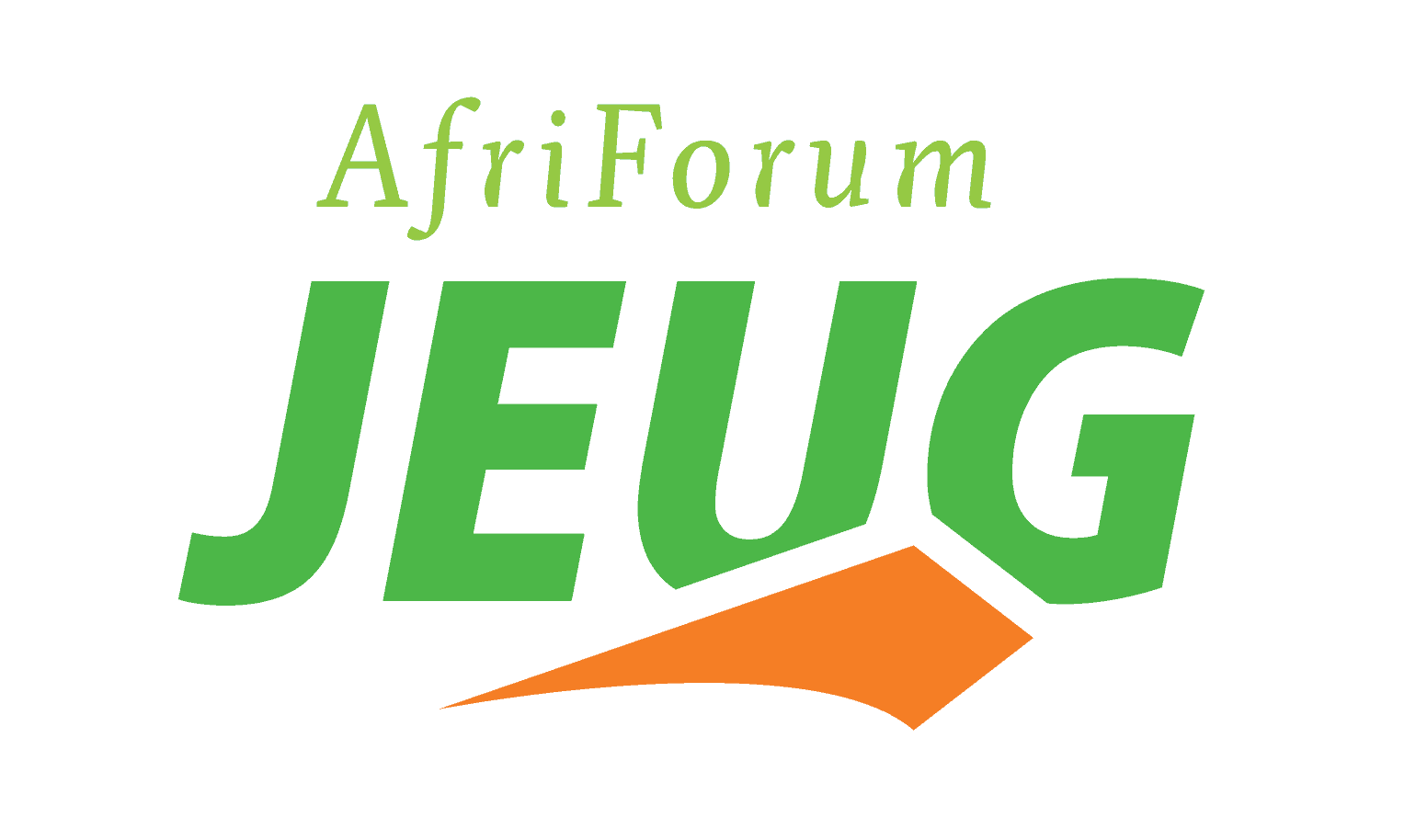Why I like AfriForum and Solidarity: Creating a culture of hope
Twenty-five years old, Dutch, likes music and politics, master student in Crisis and Security Management at the University of Leiden, Campus The Hague in the Netherlands, and… a proud member of, and presently intern at, AfriForum. The former is rarely cause for questions, yet the latter always requires the careful kind of explanation I’ve yet been able to provide, up until now.
My involvement with AfriForum and AfriForum Youth has grown considerably since my initial contact with Henk Maree, National Chairperson of AfriForum Youth, in January of 2014. What started out as a plea to be included on the newsletter e-mail list, has evolved into a more active membership of both AfriForum and AfriForum Youth, which has included the creation of several blogs, a short visit to the AfriForum HQ last year, and a three month internship with AfriForum this year.
Those of you who have read my previous blogs will know that my interest in South Africa, and more specifically the Afrikaner and the Afrikaans language, began with a tourist visit to South Africa in 2013. An online quest to find more information eventually landed me on AfriForum’s Facebook page and from thereon out one thing led to another. Needless to say, I support AfriForum’s cause and here is why.
South Africa, like many other countries, has its own history and consequential challenges to face. The new dispensation has created all sorts of “threats”, if you will, for Afrikaans, the Afrikaner and the Afrikaner culture, and after 21 years of so-called democracy, the question is how to deal with those threats. The best option, in my humble opinion, is to create a culture of hope and do-it-yourself. The worst option is to resort to a culture of fear. Here’s why.
Culture of fear
Professor in sociology, Frank Furedi, of the University of Kent in the UK, has written an article entitled “The only thing we have to fear is the ‘culture of fear’ itself”. The article focuses on the increasing trend of people engaging with various issues through a narrative of fear, the dangers thereof, and several perceptions of and theories on fear. In my opinion, one of the most striking quotes in his article is that of another sociologist, David Altheide, who wrote that “fear does not just happen; it is socially constructed and then manipulated by those who seek to benefit”. In an age where communication and the dispensation of and access to information, whether correct or false, has become instant and simple, fear is often no longer based on own experience, but on other people’s experiences that are shared online or otherwise.
One of the consequences of the fact that fear is no longer a self-experienced concept is that rather than the object of fear, say crime, the fear itself has become an issue. The focus has therefore also shifted from combatting actual crime to combatting the fear of crime. Putting up a security fence around your house is no guarantee that your house will never be broken into. It is, however, likely to decrease your fear of being burgled.
Fear is not limited to crime however. For Afrikaners, the fear of Afrikaans disappearing in schools, businesses, and everyday life, the fear of poverty, the fear of not being allowed to study your favourite programme and/or at your favourite institution, and the fear of not being able to get a job after your studies, are current and real. The more unrealistic fears, like that of White Genocide or complex conspiracy theories, are often abused by marginal groups and people trying to abuse fear to further their own agenda. They have no substantial evidence for the fear that they are trying to install into people’s minds, yet pictures and stories presented as facts and representations of “the truth” are easily accepted by the grand social media audiences. This is not to say that some of the horrible crimes that are being committed throughout the country are not terrible and inhumane, however, the grossly exaggerated connection of those fears of crime to a concept or fear of “White Genocide” should be viewed with the necessary criticism.
The dangers of making decisions based on fear are discussed by Colleen Bell, who specialises in security theories, in her analysis of the Canadian National Security Policy. She highlights how the Canadian government reacted to the 9/11 terrorist acts in the United States by enacting several new, security related laws to counteract terrorism. In their desire to feel safe and reduce their fear, Canadian citizens were happy to surrender parts of their freedom to make these new laws possible. Eventually, the Canadian government caught on to how easy it was to enact freedom-restricting laws when it was presented under the umbrella of “a safer Canada” and as a result thereof, more and more non-security related laws were being presented as increasing Canadian security. The warning she tries to convey is not to let fear become such a large factor in your life that you are willing to sacrifice more than you should in order to feel safer. Remain critical of your own decisions and those of others that, from a viewpoint of fear, seem logical at first sight.
The Solidarity Movement and, more specifically, AfriForum and AfriForum Youth, are not blind when it comes to Afrikaner fears. Unlike some of the other organisations and people who claim to be acting against these fears, therewith in fact either furthering their own agendas or increasing the level of fear of their followers, the organisations within the greater Solidarity Movement rather acknowledge these fears and counteract it with a culture of hope. Please do not get me wrong; the point of this article is not to convince you that you have nothing to be afraid of. It is rather to convince you that making decisions and creating policy based on fear is a bad idea.
The Solidary movement’s recent crisis deliberation is a perfect example of how this organisation counters fears with a culture of hope. There is no denial of the problems that this beautiful country faces, yet it is countered with a culture of hope and solving problems, rather than a culture of enhancing fear in the hope of attracting a few extra followers/members. The fact that other marginal organisations have increasingly opted into an openly anti-Solidarity culture is a clear indication that they are afraid of the loss of a culture of fear. Their objectives and agendas require a fearful Afrikaner people, as desperate people are likely to perform desperate deeds.
To conclude, I’d like to state quite clearly that my perception of the Afrikaner is not one of fear. I firmly believe that the Afrikaner still has an important role to play in this country, which is exactly why he/she can’t afford to be led by fear. He or she should, like those before him, be willing to build this country through hard labour once again. Sitting on the side-line, screaming (or typing) about how bad things have become and how everyone else is doing it all wrong, will achieve absolutely nothing and will only install fear into a people that were once described by Sir Arthur Conan Doyle as follows:
“A community of Dutchmen of the type of those who defended themselves for fifty years against all the power of Spain at a time when Spain was the greatest power in the world. Intermix with them a strain of those inflexible French Huguenots who gave up home and fortune and left their country forever at the time of the revocation of the Edict of Nantes. The product must obviously be one of the most rugged, virile, unconquerable races ever seen upon earth.”
For me, the Solidarity Movement and its members carry on the legacy of a strong people, able to take a punch or two and get back on their feet within no time. Afrikaners able to see further than the horizon, able to plot out a path into the future based on hope and hard work and turn it into a reality. I refuse to believe that Afrikaners have turned into a bunch of keyboard warriors, preoccupied with and fearful of conspiracy theories and merely engaged in the badmouthing of others. Those who find themselves within keyboard warrior ranks have become products and ambassadors of a culture of fear in the new South Africa. Not only do they fear their everyday life, they also fear the possible loss of that fear through the actions of organisations like the Solidarity Movement, AfriForum and AfriForum Youth. Harness your fear, carry it with you, be aware of it, but do not allow it to be the guiding factor in your life, rather build your future on hope.
Furedi, F. (2007, April 4). The only thing we have to fear is the ‘culture of fear’ itself. Retrieved from http://www.spikedonline.com/newsite/article/3053#.VYJzBWAX33w.


